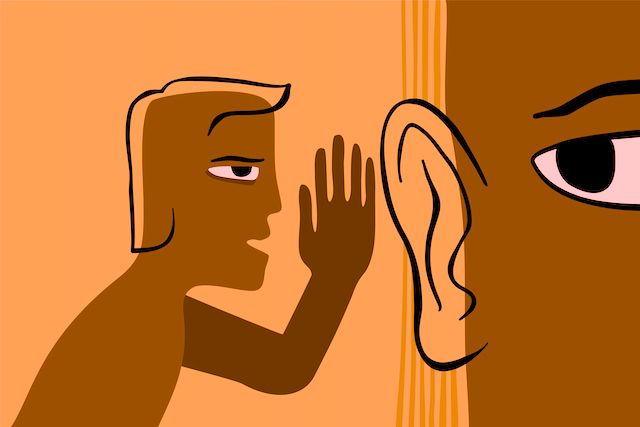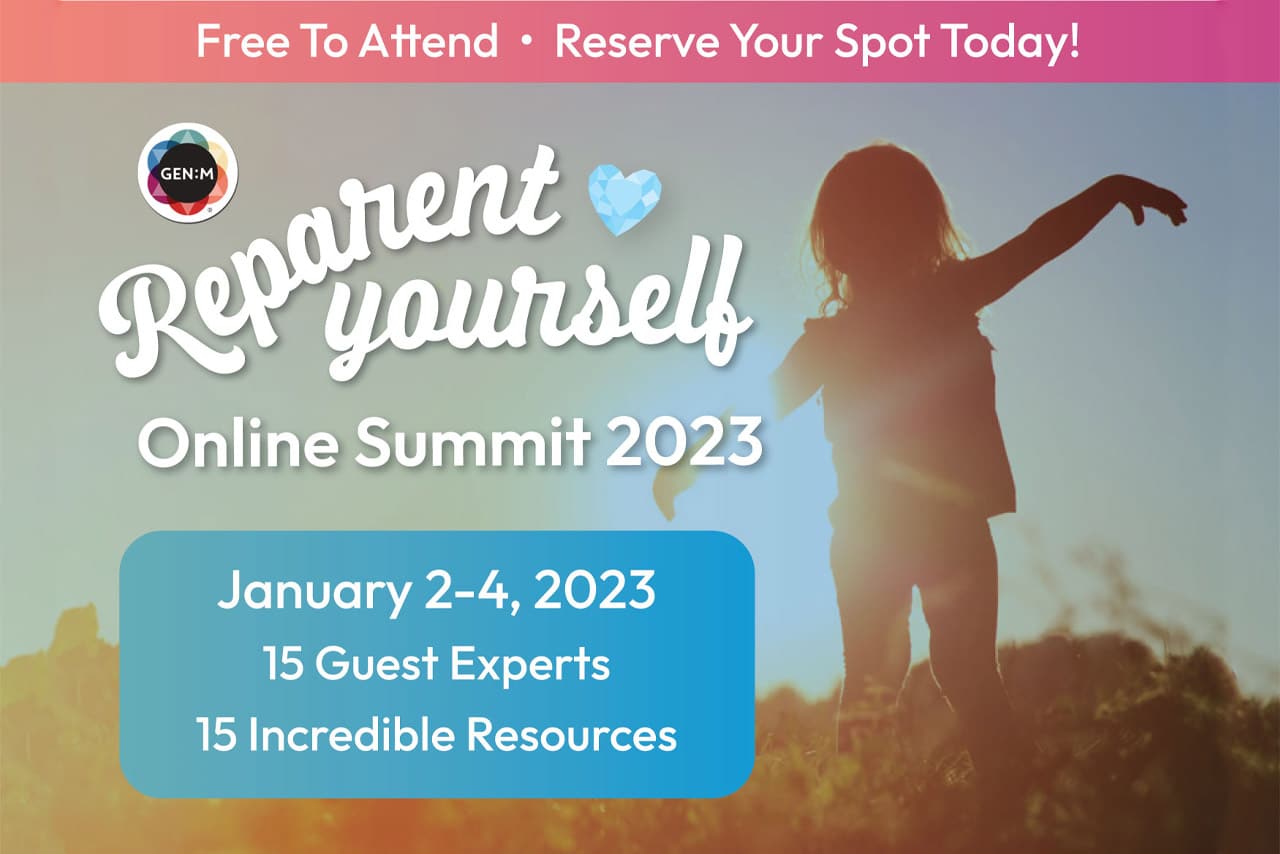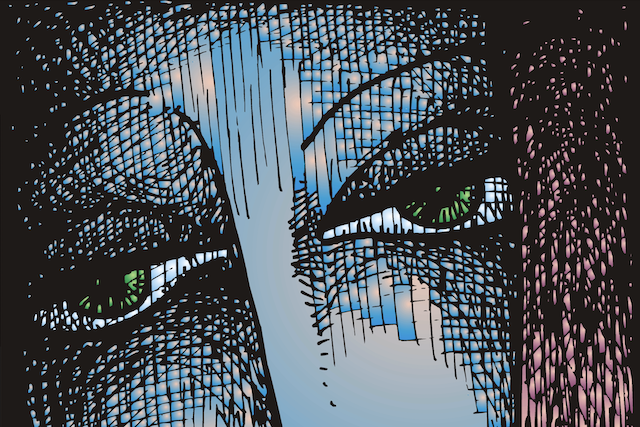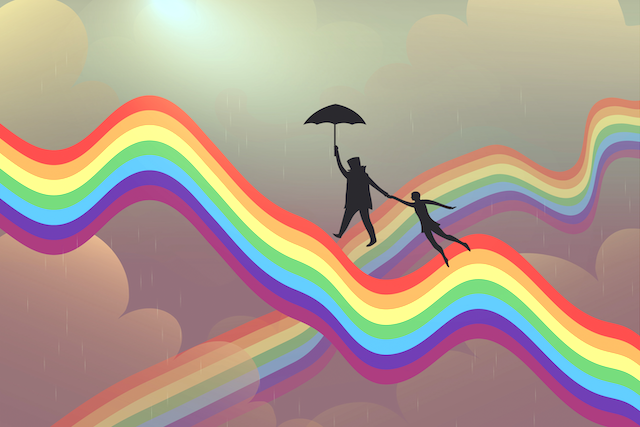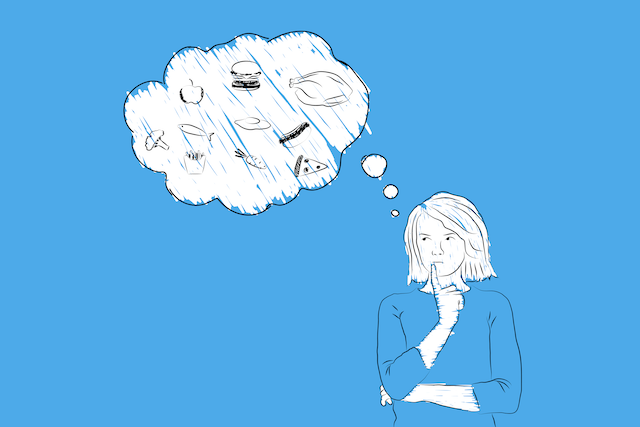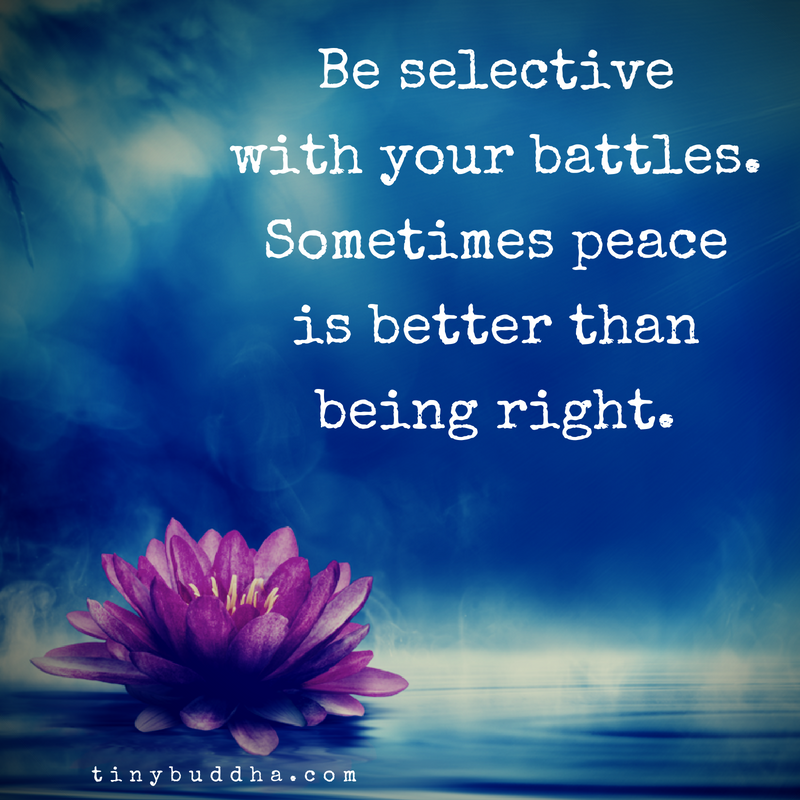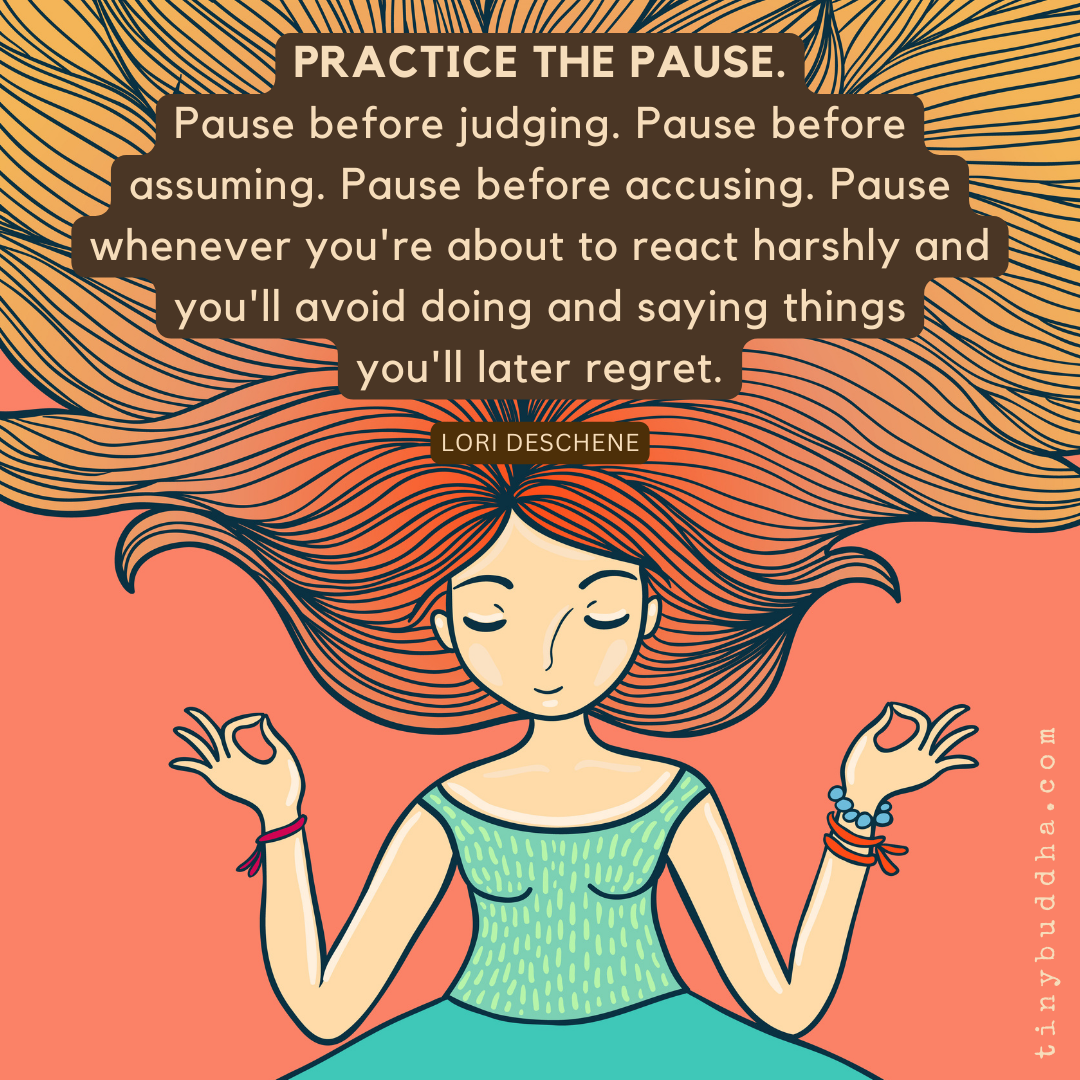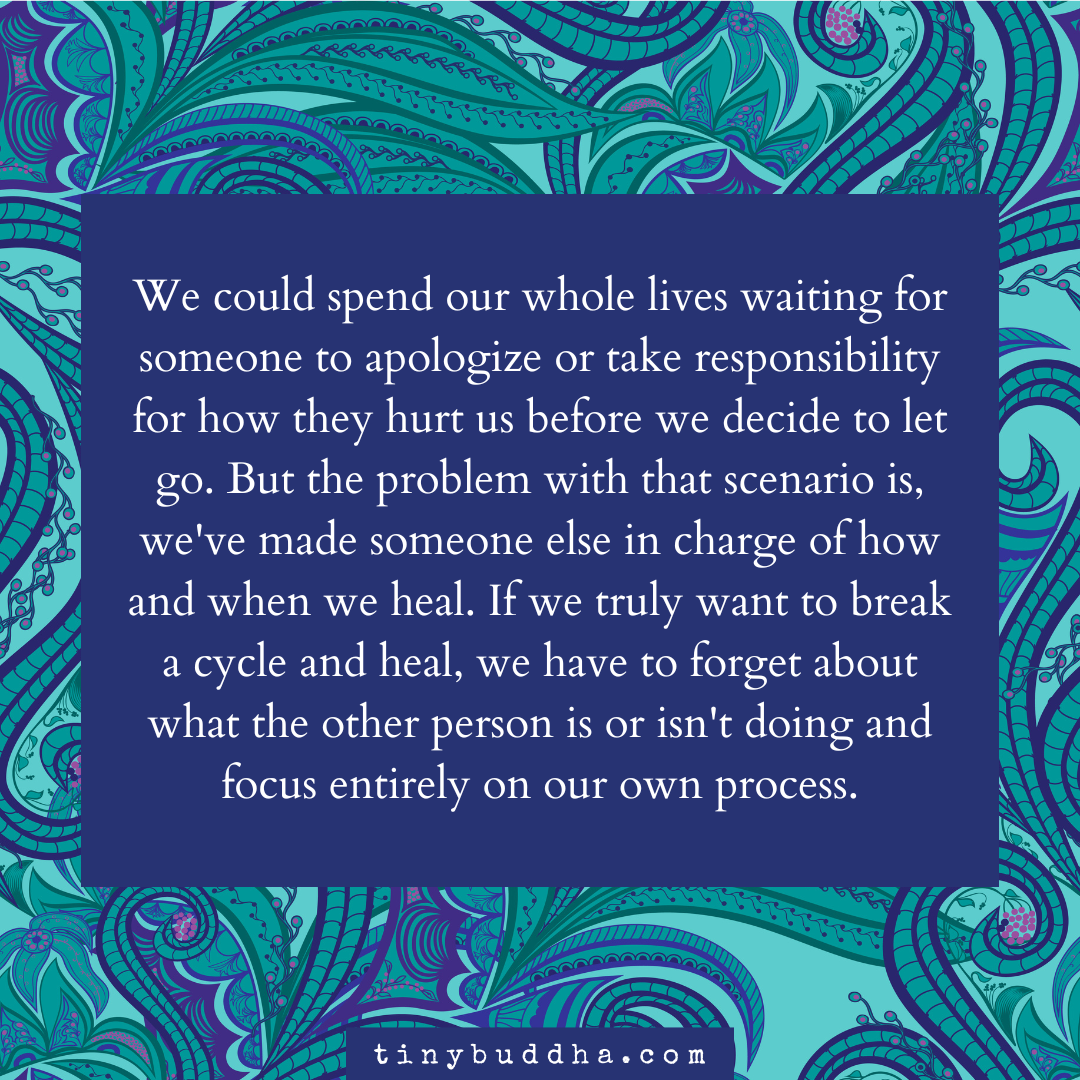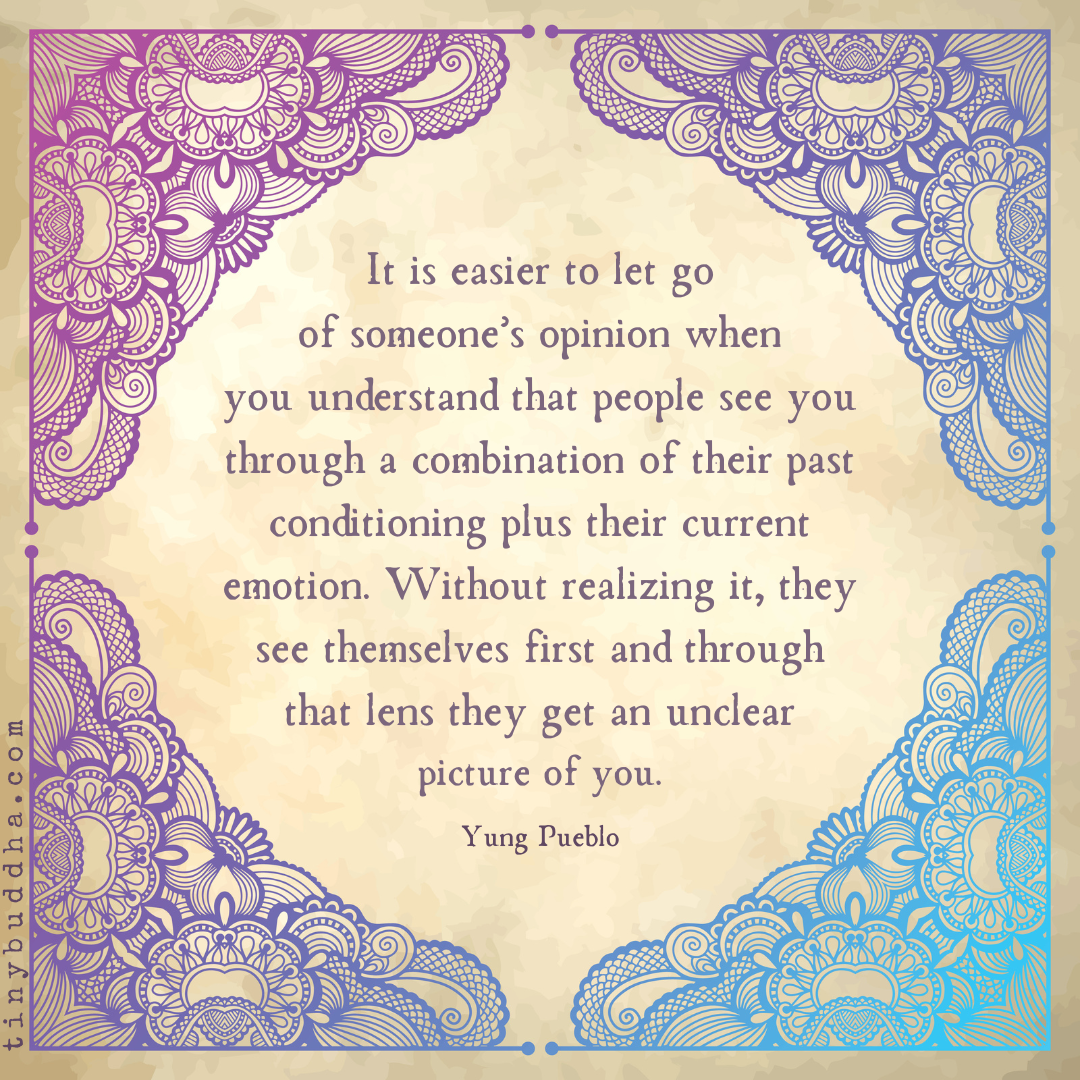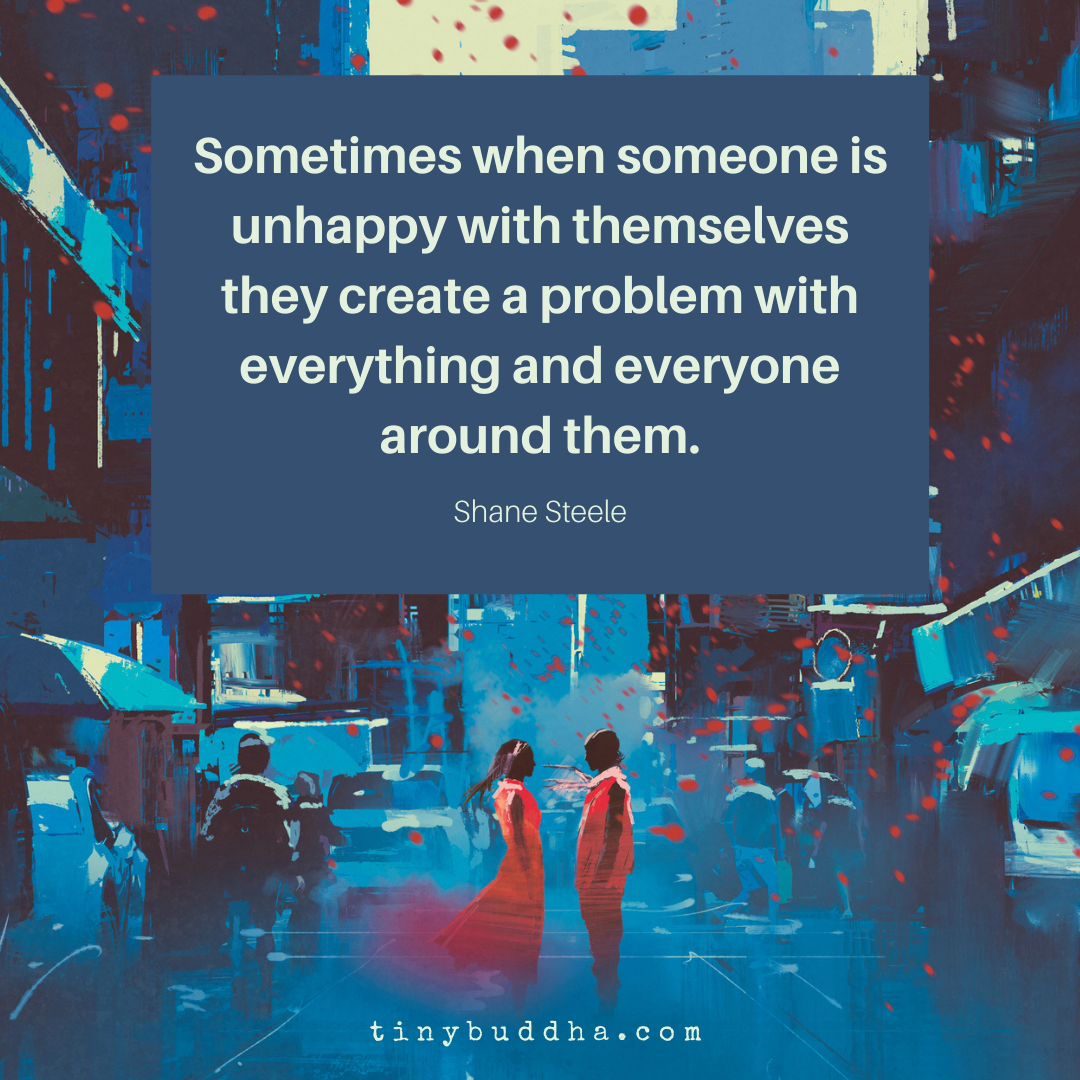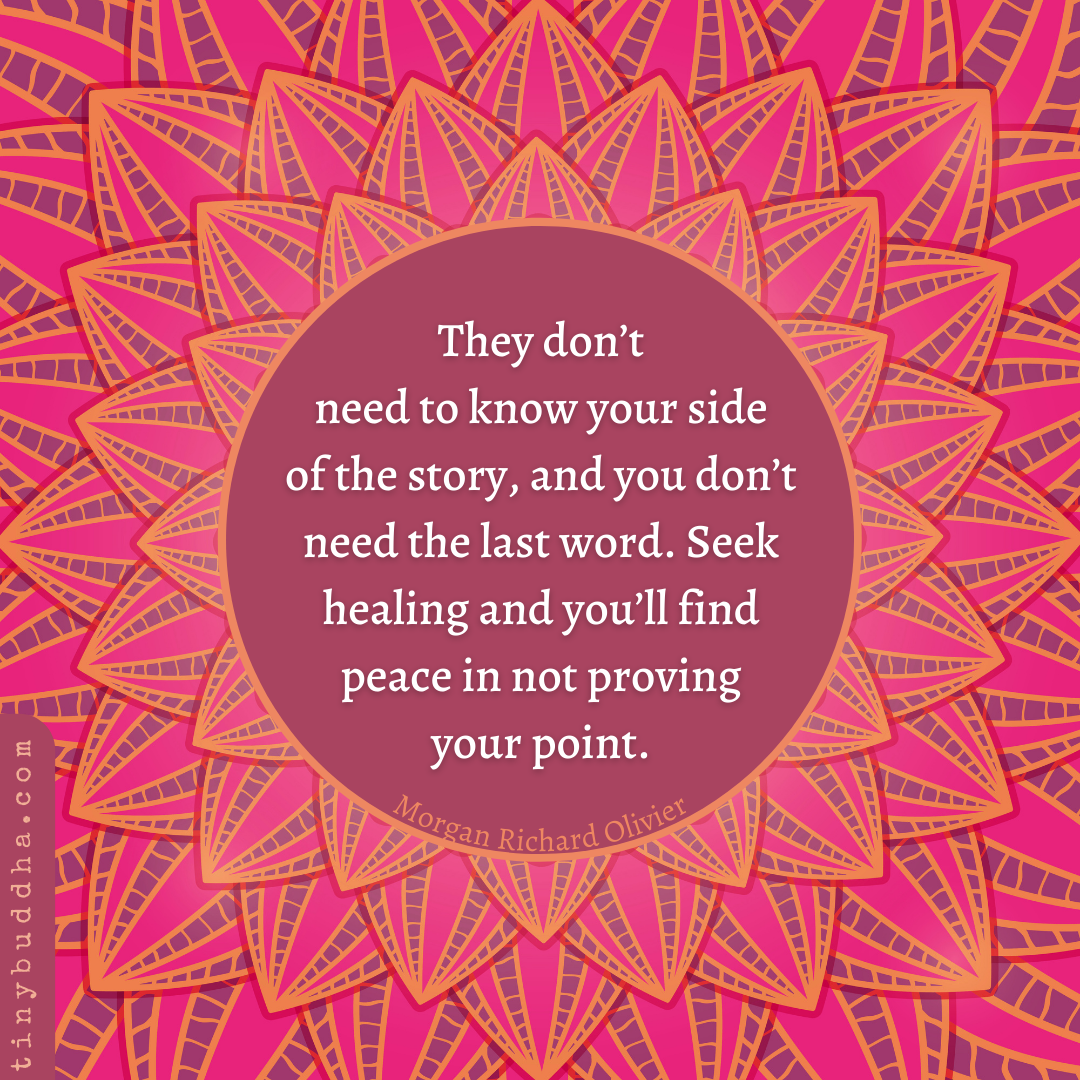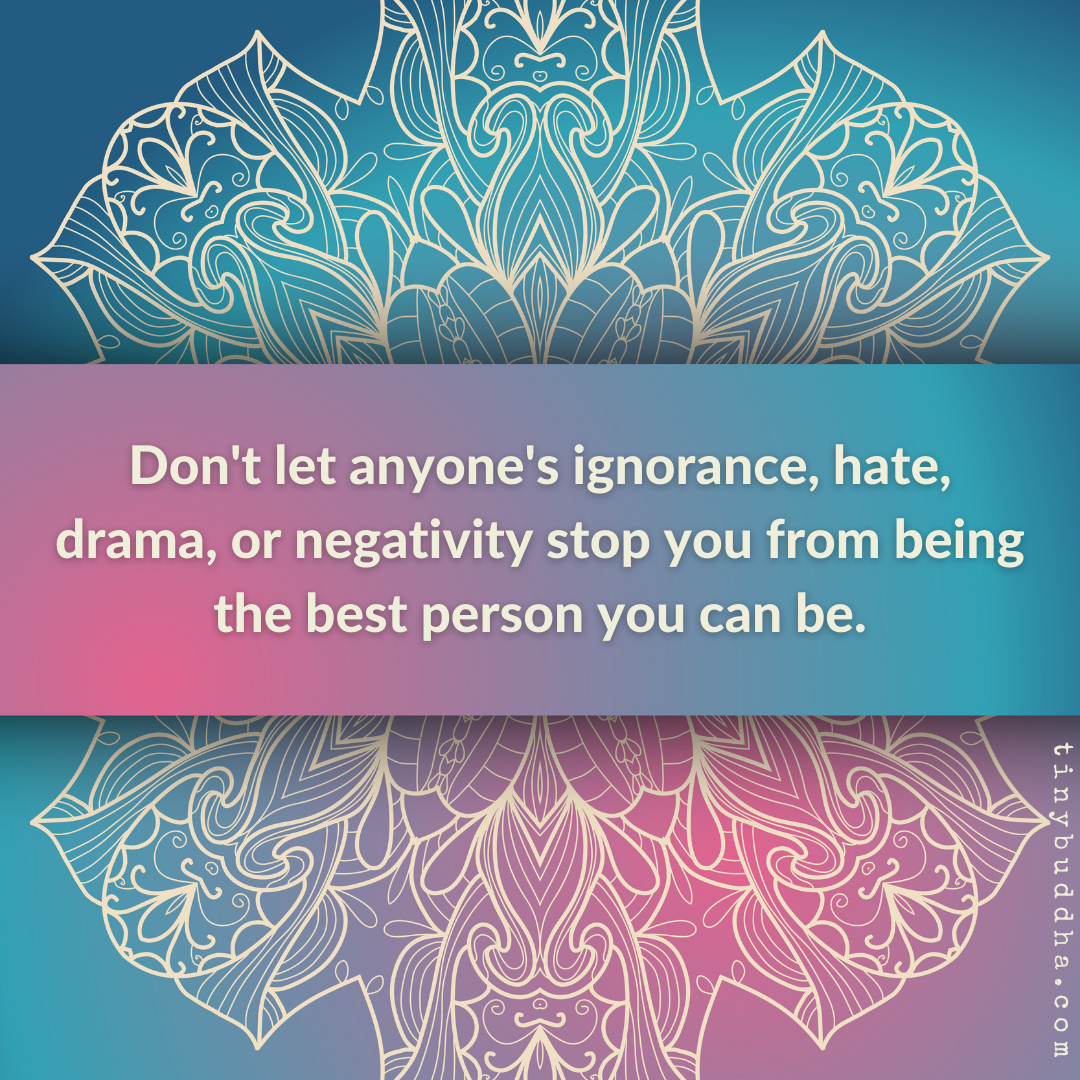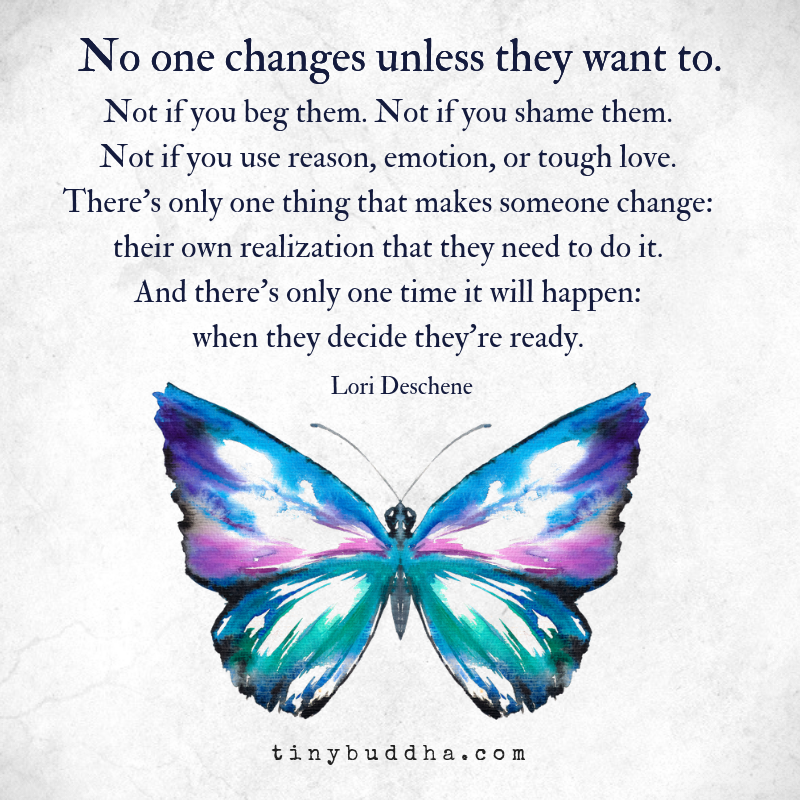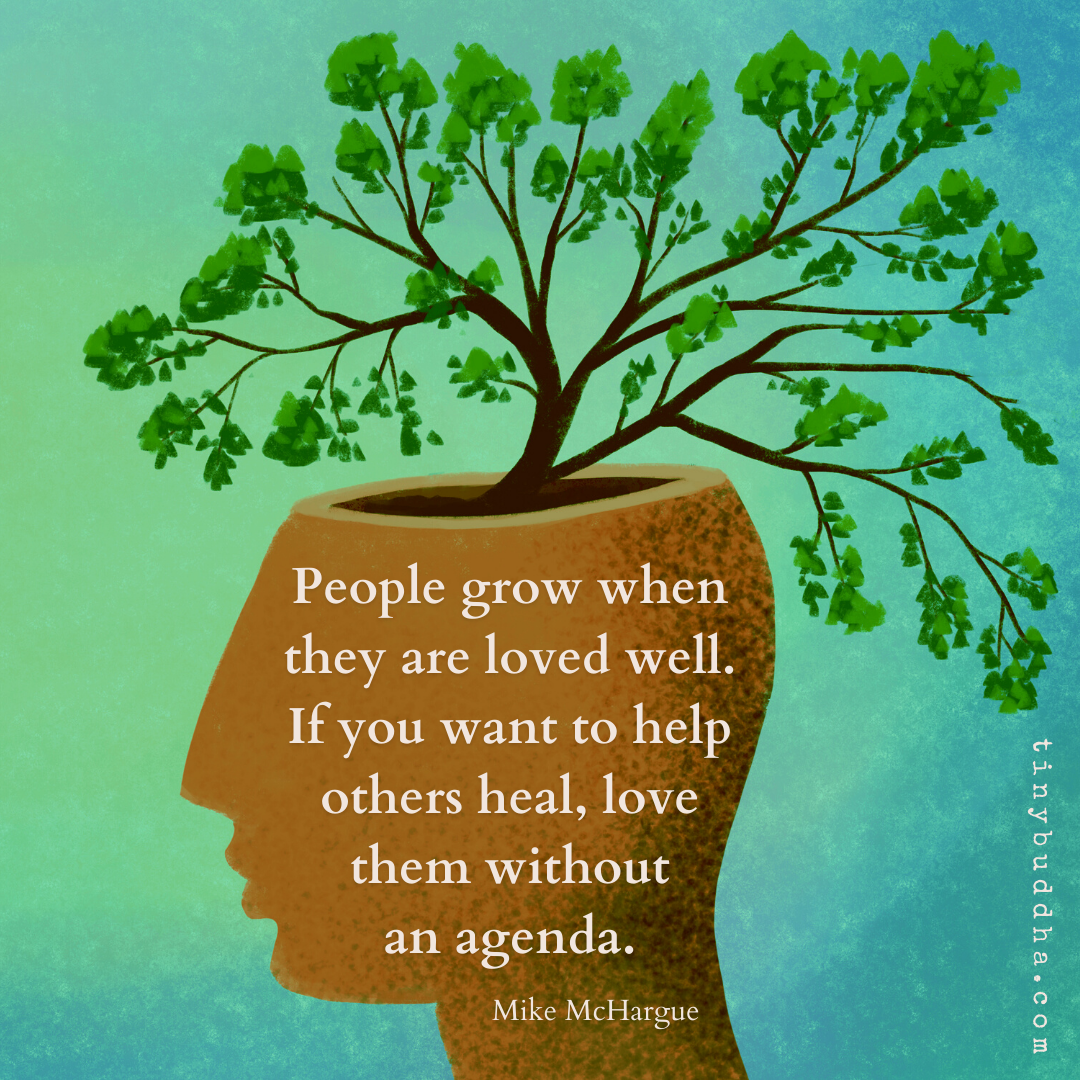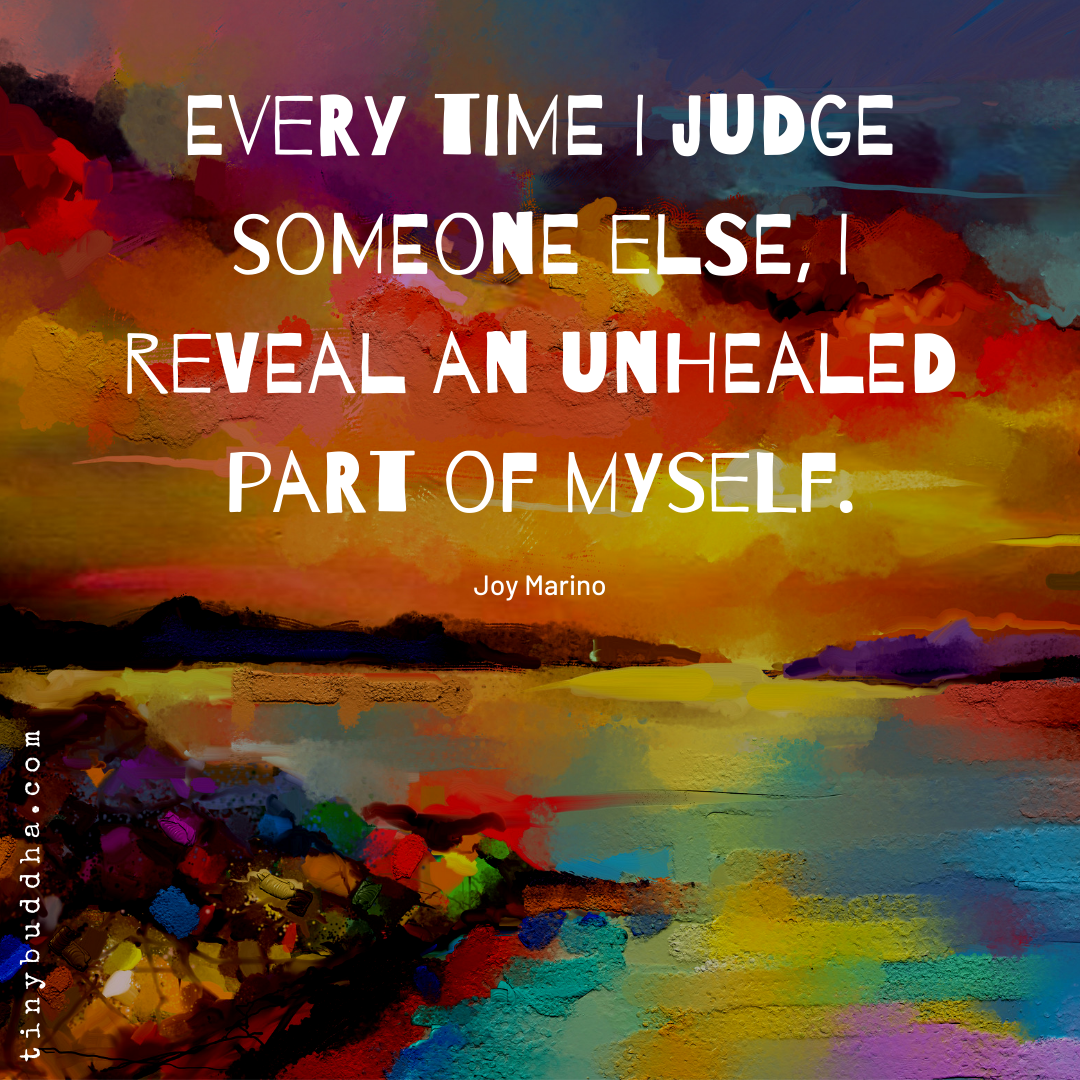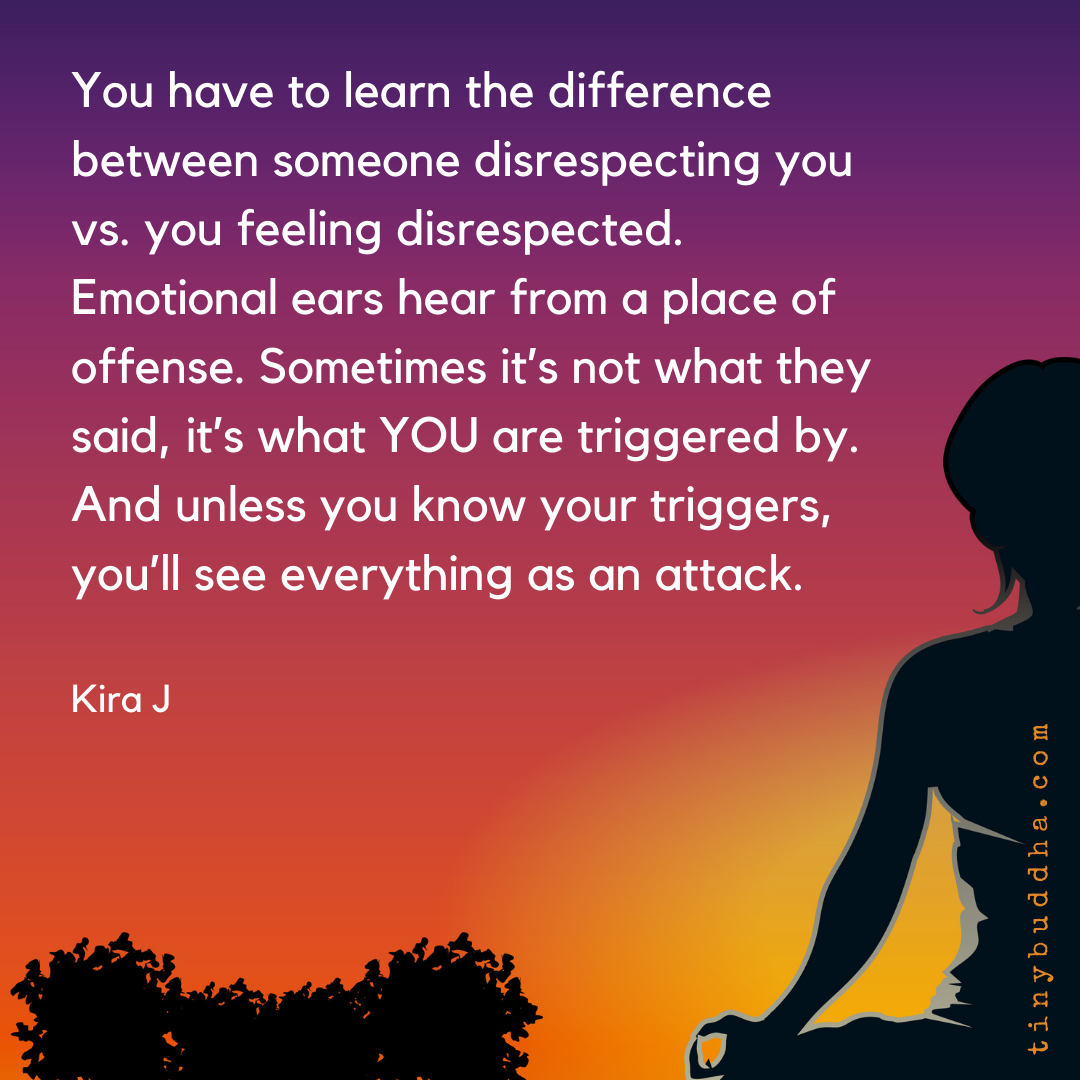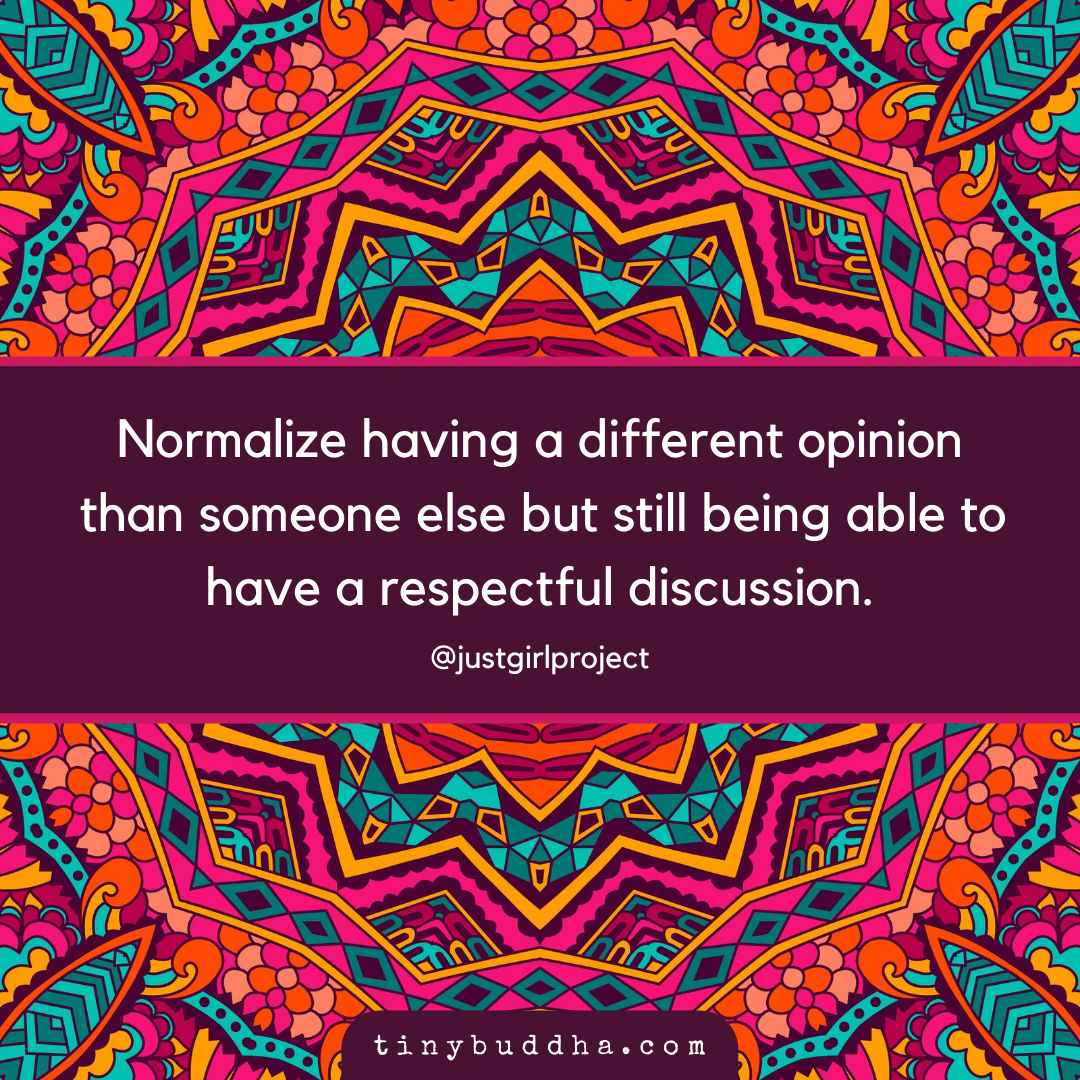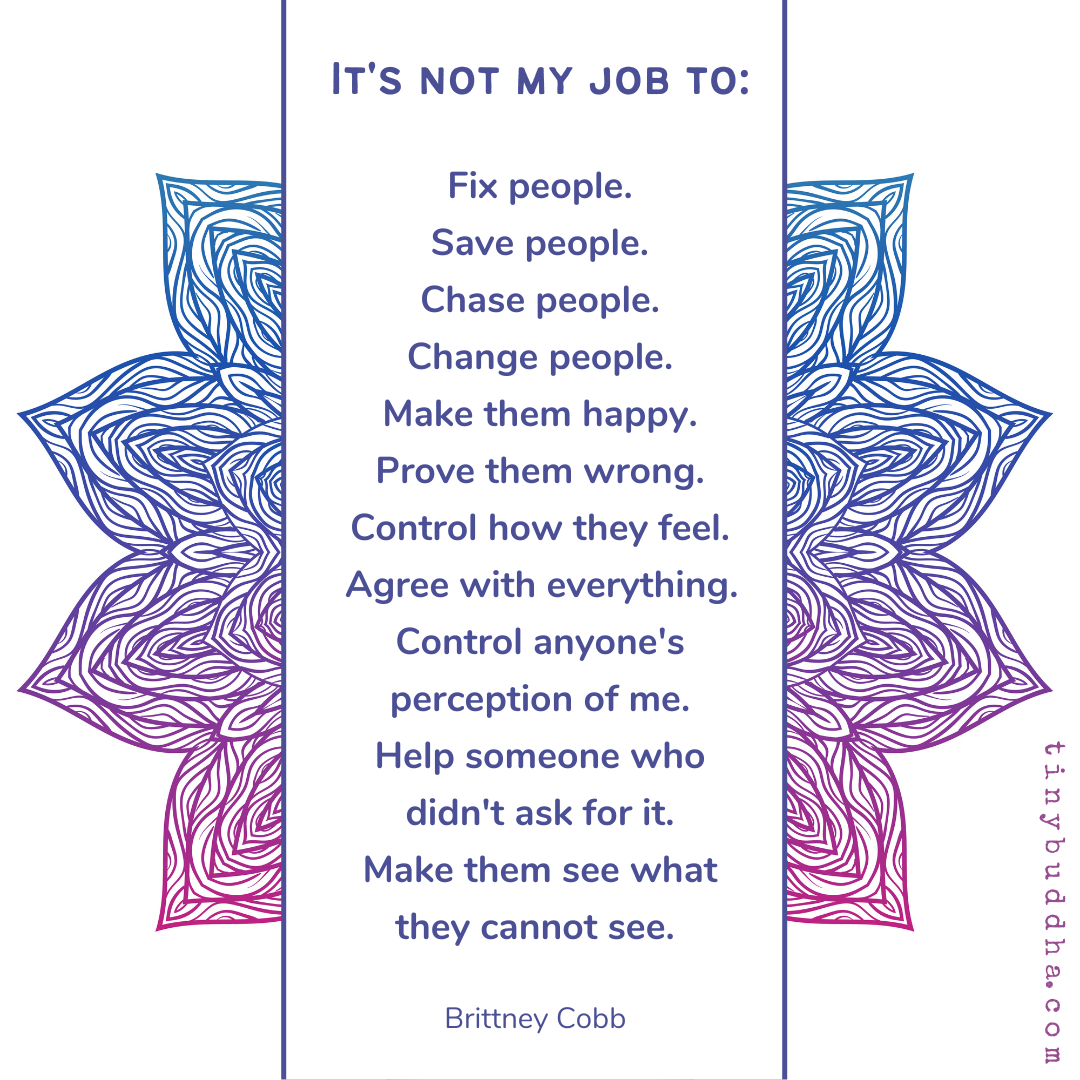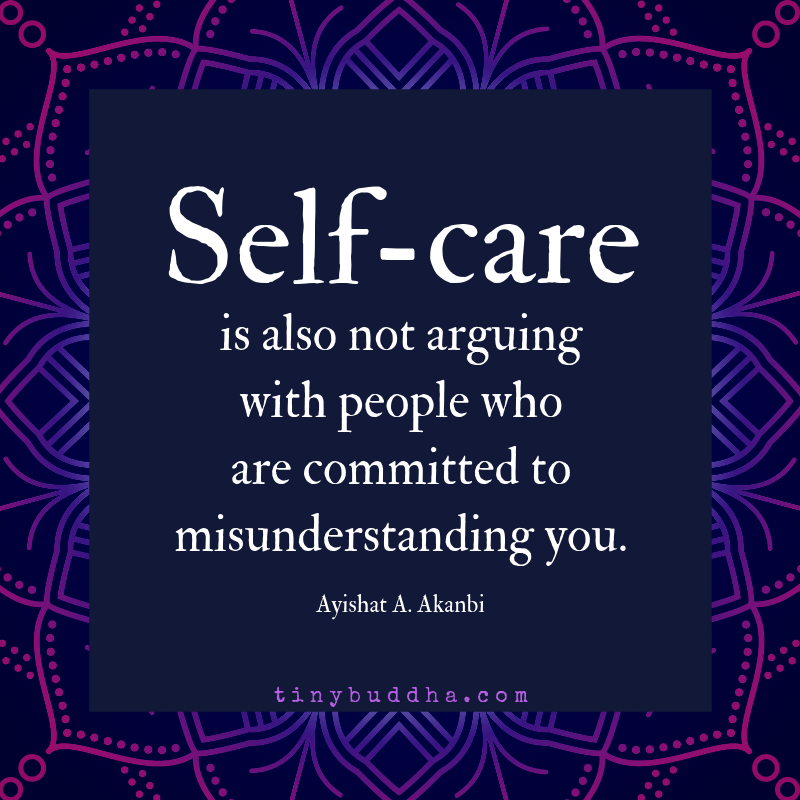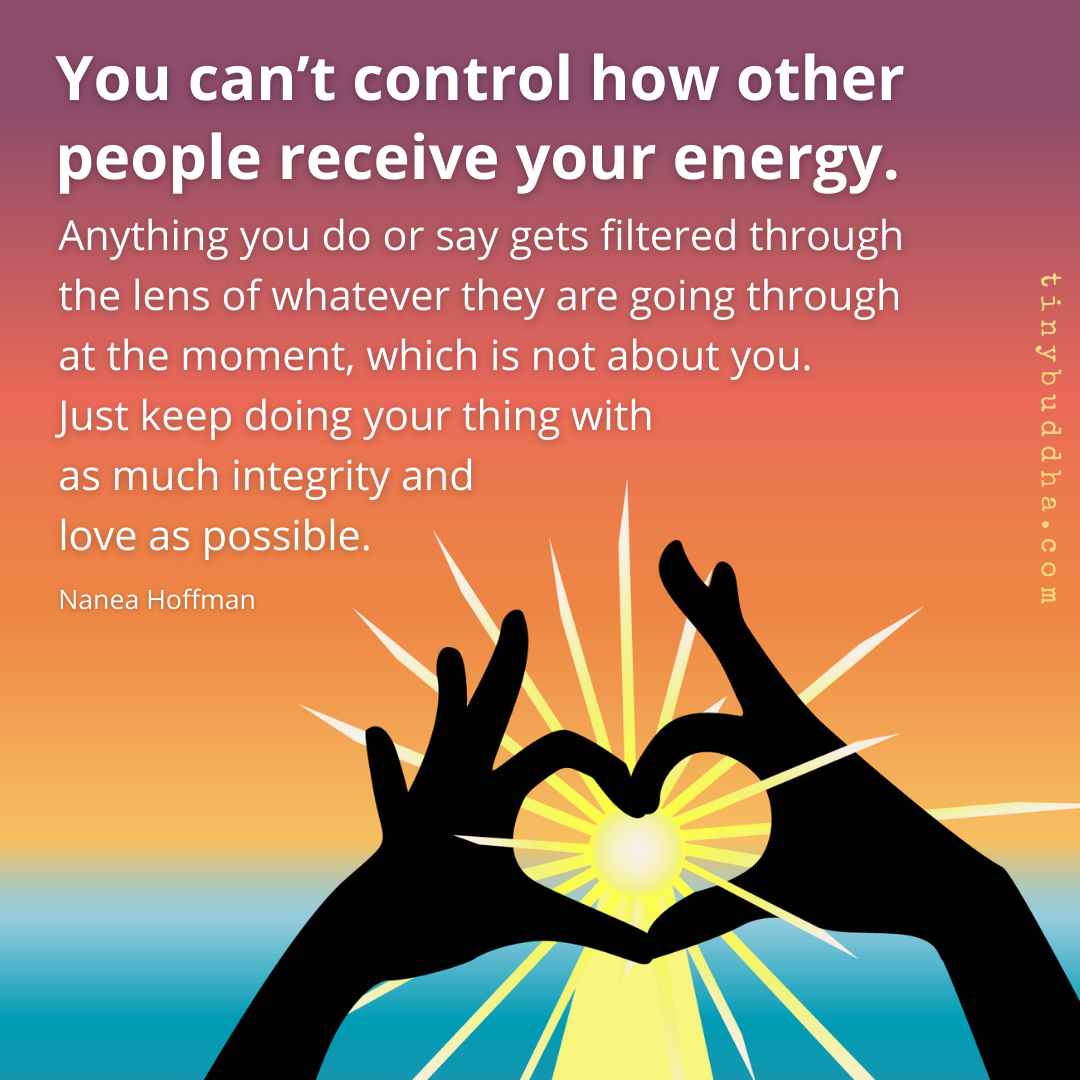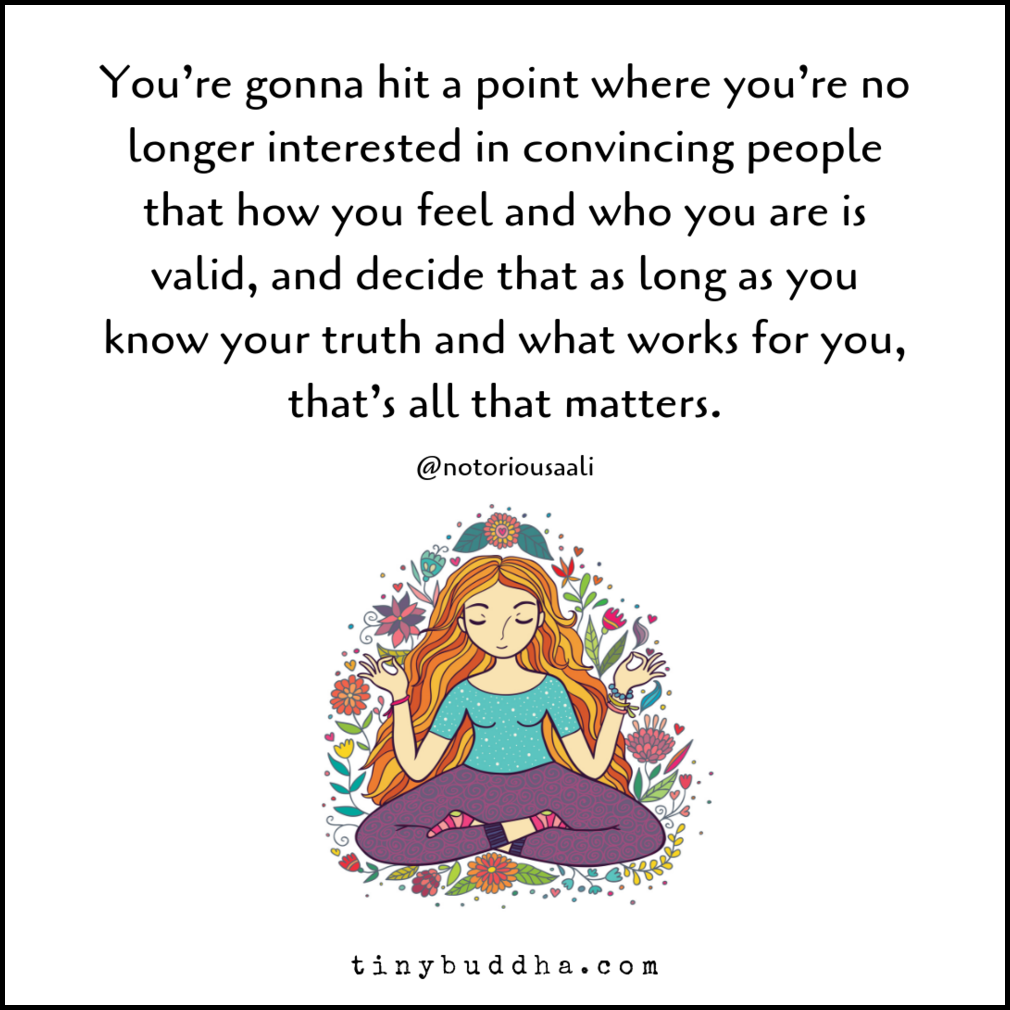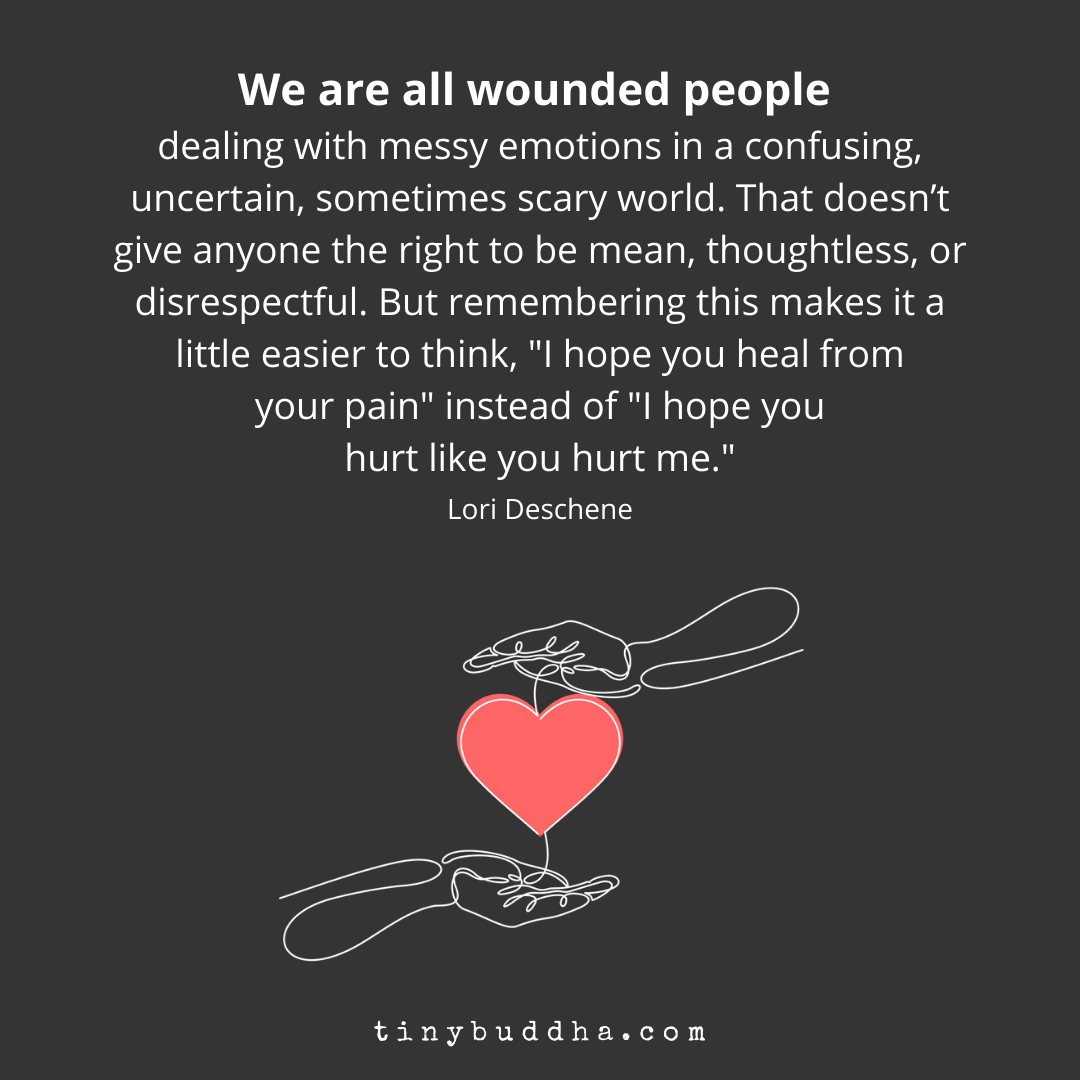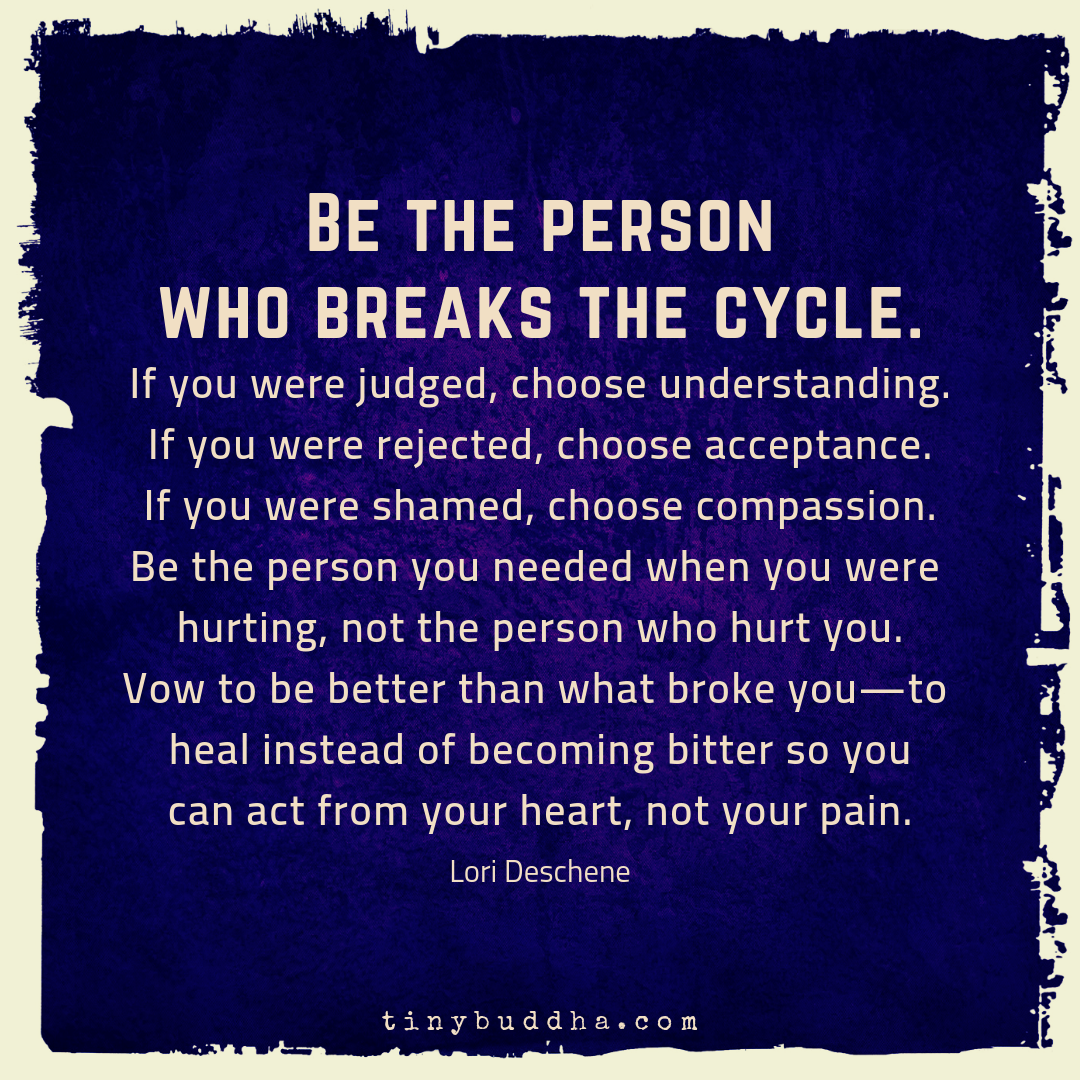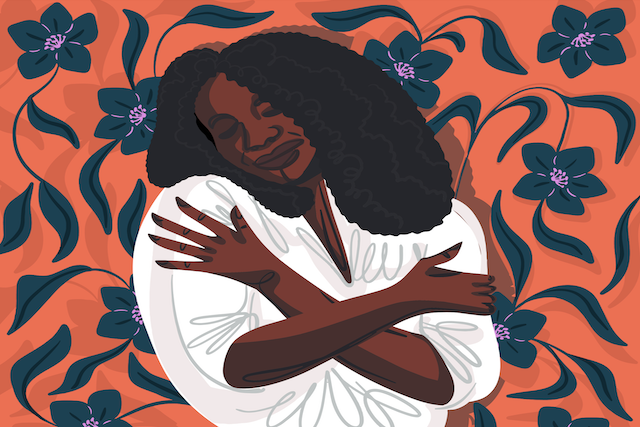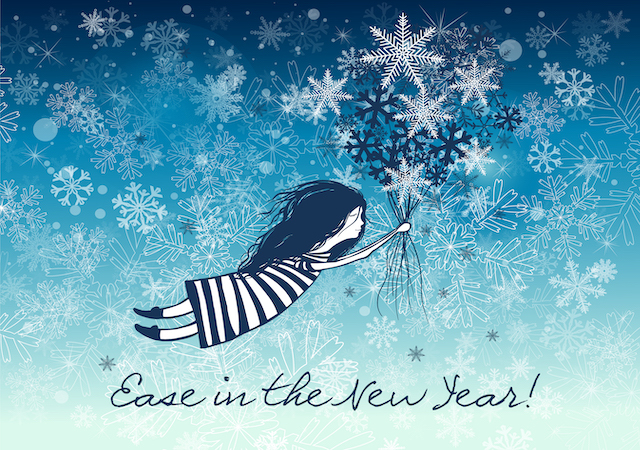
You and I will probably come across a hundred articles about New Year’s resolutions in 2023 … again. And, if you and I are like the majority—the well-intentioned, regular people who genuinely want change—we will aspire to big things and later get frustrated and give up on the list we made … again.
But what if we kept it really simple this time? What if we didn’t have to make an endless list and be reminded, by looking at it, of all the things we may fail at again?
What if we made it as easy as one, two, three?
Let us do that instead, shall we?!
1. Make “one” your magic number. Count to one each day, starting now, not from January 1st—NOW! What is the one thing you want and will do today?
One email or paragraph you will write, or one chapter you will read, or one person you’ll reach out to. Who is the one lucky person you will text or call to tell them how you miss or appreciate them? Or how encouraged you feel by knowing them or how you want to ask forgiveness from them? Who is the one person you can write to or call to laugh about that one fun memory that you only share with them?
I personally made a commitment to write or call or pray for a person whenever they cross my mind, that same day; I do not wait. There is a reason, I believe, we are reminded of people, and life is so fragile. I don’t want to miss an opportunity and regret not uplifting someone who could have been encouraged, or speaking kindness to someone who could have benefited from it.
What’s one thing you will do today to move toward a healthier and happier you?
Maybe it’s just one set of squats while you are washing the dishes; one jump rope you will order and one minute of jumping you’ll do when it arrives; one glass of beer or coke or a sweet drink you’ll replace with water or tea or decaf coffee just once today. Which one item will you change in your menu today for something that is better for your body?
What is the one happy song you will listen to in the car or on a quick walk that you will take today? What is the one shop you will drive to, parking really far away, so you can get extra steps walking back and forth?
2. Remember that there are two significant ways that your brilliant mind registers and remembers everything: through words and images.
Paint clear, vivid, beautiful pictures for your mind of what it is that you want. Think backward; create an image of what your completed accomplishment looks like to you and make it as detailed and as exciting as you possibly can.
See yourself having arrived at the healthy weight you want, you fitting into an outfit of your desires, hearing your friends and strangers complimenting you on how radiant and healthy and great you look, thinking about how you love taking care of your body inside and out.
See yourself having completed your degree, project, letter, book, task, whatever. See yourself walking across the stage, people wanting to buy your product, welcoming your project, asking you to give your presentation again, asking you about and enjoying the summary of what you read or learned.
Imagine yourself buying that house you have painted in your mind and furnishing it and having friends over and laughing and resting in your comfortable space every day!
See yourself in a relationship you just repaired or found and are enjoying. See how good it is for you and the other person; see and hear the uplifting conversations you are having and the fun activities you are enjoying together. Dream in pictures!
When talking to yourself, use words that are kind, uplifting, life-giving, generous—not the opposite. Speak in the same way you would to someone you love and care about; someone whose success would make you as happy as your own; someone you want to see happy, encouraged, loved. Talk to yourself in your mind and out loud like that each day and see what happens.
3. Imagine yourself as a triangle.
One side is your mind, connected to the second, your heart, connected to the third, your amazing body, with the entire space inside filled with who you really and most profoundly are—your spirit.
All of you needs to be cared for, attended to, and nurtured. Pay attention to what each part needs and requires. How is it lacking? What is it missing? What one thing can you do today to nurture each part?
I nourish my spirit through prayer and silence daily, which fills me with focus, strength, and insight, and I always pray for at least one person outside of my family as well. Walking is what helps care for my body during this season of life.
—
So there you have it: one, two, three.
When you get to the end of your day today, be sure to congratulate yourself on that one thing you did, that step you took, and look forward to doing it again tomorrow. Be your cheerleader and encourager and then, over time, you’ll see that change you’ve been looking for.
![]()
About Nino Fincher
Nino’s purpose and passion is helping emotionally paralyzed people get unstuck and move forward personally and professionally. She splits her time mainly between Dubai and Dallas as a public speaker and helps individuals and groups through Rapid Transformational Therapy and coaching. Her background in fitness, counseling and theology are integrated to help work with each individual holistically. She is a wife and a mom. You can find additional information or book Nino at www.Ninofit.com.
Get in the conversation! Click here to leave a comment on the site.
The post New Year’s Resolutions Simplified: It’s as Easy as 1, 2, 3 appeared first on Tiny Buddha.
from Tiny Buddha https://ift.tt/wAS8jTW

